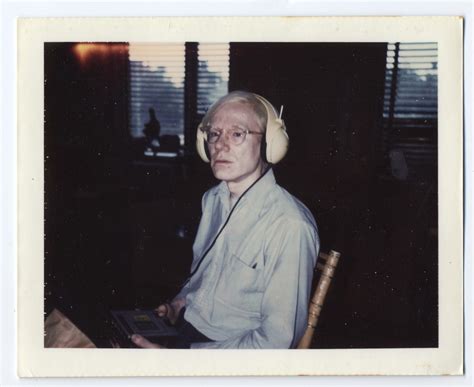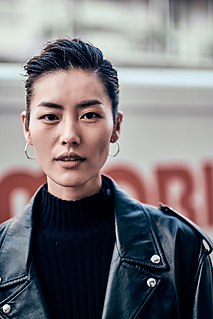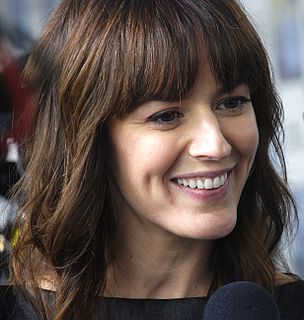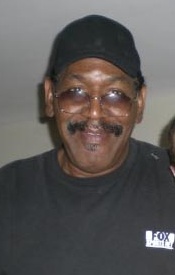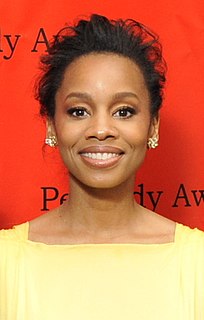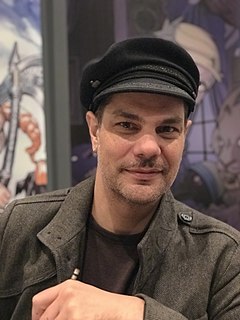A Quote by Nicola Walker
In this industry, people like to look at different faces on their screens - even I do.
Related Quotes
You go to a restaurant with a friend for lunch and the next table, two people are sitting opposite each other. They don't talk! All they do is look at the screens of their cell phones and show it to the person that they're with. And when people do that to me, they want me to look at pictures on their cell phone? I can't even look at little things like that. I think it is all crazy.
Very often the people who are shooting your film do not look like you if your film is brown-centric in some way. What is very interesting is to be going through these scenarios and turning around and looking at so many faces that are not yours. Even though those faces are looking at you in love, it puts you in a space when you are on a plantation in that condition. I think that it allows you to see further into possibly what that place really was for someone else, except thank God we're with people who love and respect us.
When you look into the faces of these quiet creatures who don't know how to tell stories--who are mute, who can't make themselves heard, who fade into the woodwork, who only think of the perfect answer after the fact, after they're back at home, who can never think of a story that anyone else will find interesting--is there not more depth and more meaning in them? You can see every letter of every untold story swimming on their faces, and all the signs of silence, dejection, and even defeat. You can even imagine your own face in those faces, can't you?


